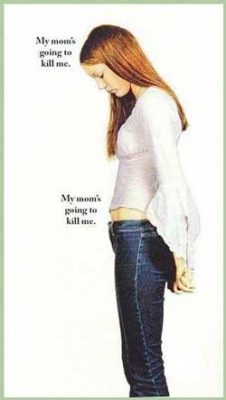
Clearly women who choose abortion do so for a variety of different reasons, thus it appears that the abortion debate is quite complicated.
People ask questions like, “What about poverty?”
… or finishing one’s education?
… or advancing one’s career?
… or having no support from one’s partner?
… or bringing shame upon one’s family?
… or being pressured to abort?
… or being kicked out of one’s home?
… or being too young?
And certainly these circumstances can make the unplanned pregnancy complicated—from an emotional, psychological, relational, or economic perspective. People on both sides of the abortion debate can agree that a crisis pregnancy is just that: a crisis. The challenges can be intense.
Though these varied circumstances can make the abortion debate appear complicated, really, it isn’t. What the debate is about is whether abortion is an ethical or unethical response to these problems. And whether or not abortion is an appropriate response to these problems is as simple as determining if the pre-born are human.
After all, consider the aforementioned crises people raise as reasons for legal abortion. Now imagine a woman facing these problems is the parent of a toddler rather than of a pre-born child. Would any of those circumstances justify her killing her toddler?
For example, if her partner leaves her, and she doesn’t have the resources and support to provide for her toddler, may she kill her child? Obviously not, because no matter how difficult life gets, we may not kill innocent human beings to deal with our problems. If that is true, and if the pre-born are innocent human beings, we may not kill them to deal with our problems either.
So the real question in the abortion debate is this: Are the pre-born human? And, if so, when precisely do their lives begin?
See also:
| Previous: Assumptions Abortion Advocates Make | Next: The Science of When Life Begins |
